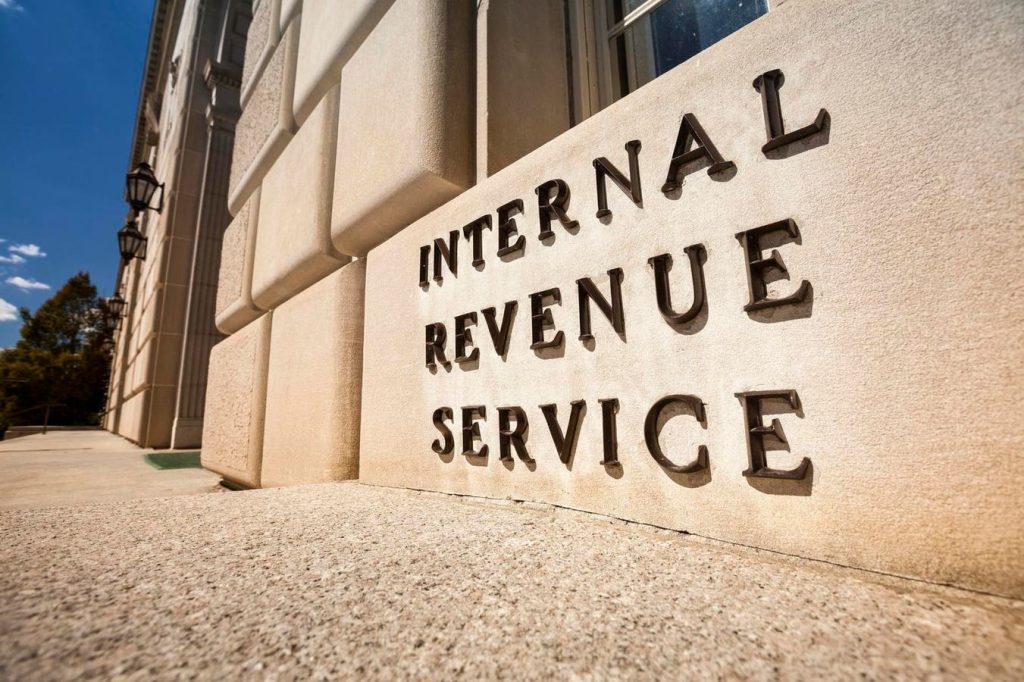Foreign trusts can cause U.S. taxpayers significant reporting headaches, with tax professionals needing to navigate trust language and foreign laws to determine proper federal tax treatment. Complex information reporting, such as IRS Forms 3520 and 3520-A, are often required for foreign trusts. A recent case, Geiger v. U.S., highlights the challenges and complexities of foreign trust reporting. The case involves a Liechtenstein foundation, World Capital Foundation (WCF), which was initially characterized as a foreign grantor trust by the IRS, leading to a $15 million distinction. The personal representative of the estate is contesting this characterization, claiming that WCF should be classified as a foreign non-grantor trust.
The background of the case involves the creation of WCF by a German national, Eugen, in 1982, with his son Gunter inheriting the beneficial interests. Gunter, who relinquished his U.S. green card and moved to Europe in 2010, submitted amended returns for 2003 through 2010 under the Offshore Voluntary Disclosure Program, initially classifying WCF as a foreign grantor trust. However, Gunter later argued that WCF was a foreign non-grantor trust. Following Gunter’s death, his son Grant, serving as the estate’s personal representative, faced challenges from the IRS regarding WCF’s classification, resulting in jeopardy assessments against the estate and heirs.
Grantor and non-grantor trusts are treated differently for federal income tax purposes, with grantor trusts attributing assets to the grantor for tax purposes, while non-grantor trusts are seen as separate taxable entities. The estate in Geiger argues that WCF should be classified as a foreign non-grantor trust, highlighting that Gunter did not transfer funds to the trust or have significant control over its income or principal until after expatriating. Disagreement between the IRS and the estate’s position may result in adverse tax consequences, including potential tax liabilities, penalties, and interest for improper reporting.
If WCF is deemed a foreign grantor trust, Gunter would be responsible for reporting and paying taxes on the trust’s income throughout the tax years, potentially resulting in additional taxes, penalties, and interest due to tax reporting errors. Alternatively, if WCF is classified as a foreign non-grantor trust, Gunter’s tax obligations would only arise when taxable distributions were made to him, resulting in different tax consequences. Proper characterization of foreign trusts is crucial to avoid penalties, as demonstrated in the Geiger case.
The complexities involved in determining the proper federal tax treatment of foreign trusts highlight the importance of accurately reporting activities from such trusts on U.S. income tax returns. Compliance with information return requirements, such as IRS Forms 3520 and 3520-A, is essential to avoid penalties and ensure proper tax treatment. Missteps in reporting foreign trust activities can lead to significant tax consequences, as seen in the Geiger case, emphasizing the need for taxpayers to carefully navigate the complexities of foreign trust reporting to avoid potential penalties and financial liabilities.


